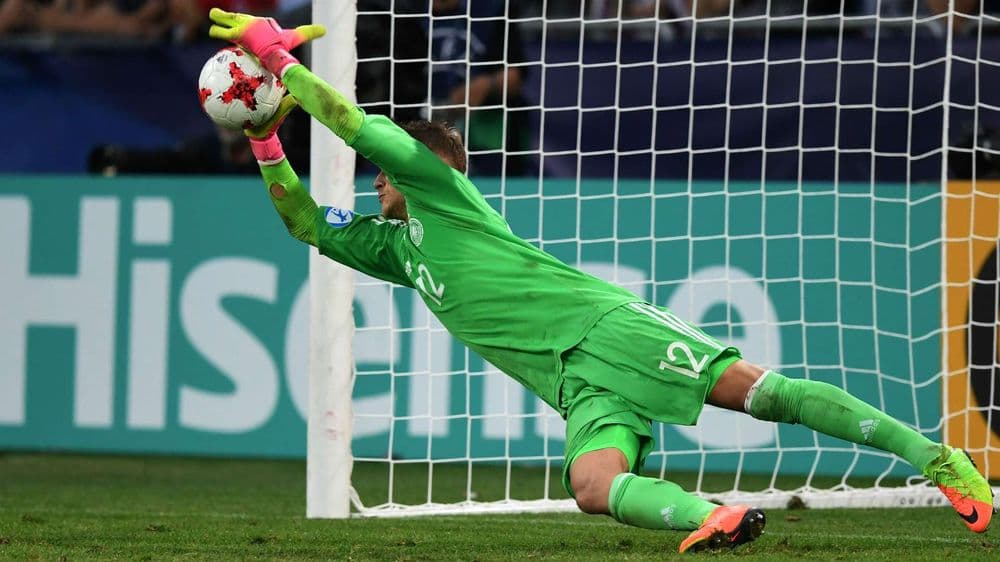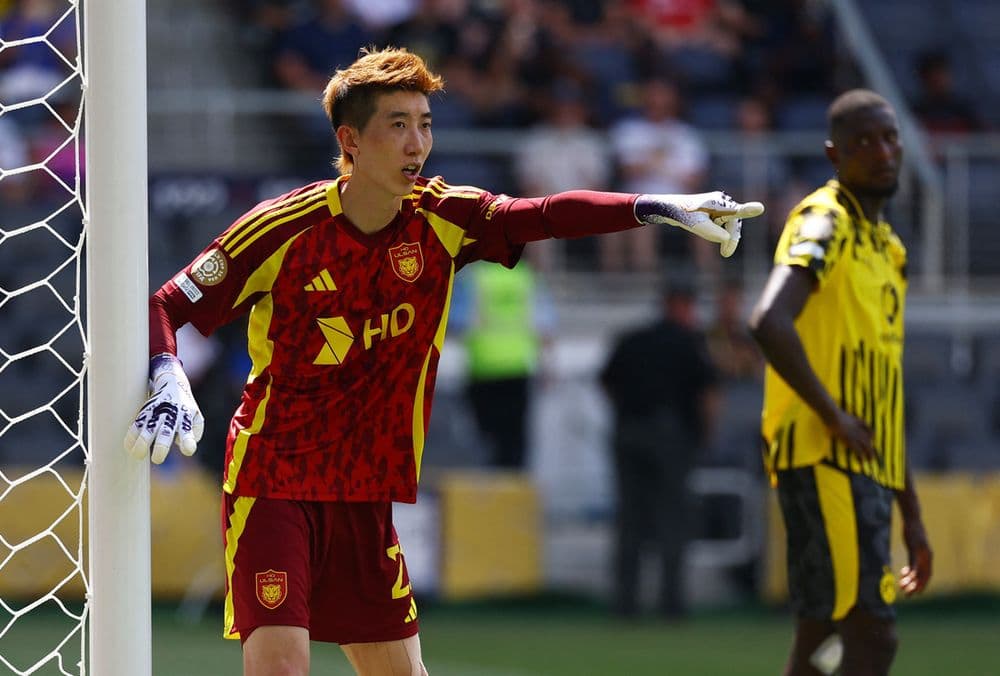England vs Germany U21: How the Young Lions Conquered Europe Again in a Dramatic Final

The Stage is Set: A Clash of European Titans
Did you know? The 2025 UEFA U21 European Championship final in Bratislava was more than just a football match—it was a battle for legacy. Both England and Germany entered the final with three previous titles each, aiming to close the gap with Spain and Italy, the most decorated teams in the tournament's history. The anticipation was palpable across Europe, with fans and pundits eager to see if England could defend their crown or if Germany would reclaim their spot at the top.
This final was not just about lifting a trophy; it was about pride, history, and the future of European football.
England’s Road to Glory: Resilience and Tactical Brilliance

England’s journey to the final was anything but straightforward. After a shaky group stage (1 win, 1 draw, 1 loss), the Young Lions found their rhythm in the knockout rounds, dispatching Spain in the quarterfinals and overcoming the Netherlands in a dramatic semifinal, thanks to Harvey Elliott’s two-goal heroics.
England dominated possession (58.6%) and led in pass completion (89.6%), showcasing their trademark organized play. Under coach Lee Carsley, the team blended technical skill with mental resilience, proving that even under pressure, they could deliver when it mattered most.
Germany’s Unbeaten Run and Attacking Firepower
Germany arrived in the final unbeaten, having topped their group—ironically beating England 2-1 in the process—and then powering past Italy (3-2 in extra time) and France (3-0) in the knockout stages. Their attacking prowess was on full display, with 15 goals in five matches and Nick Woltemade leading the tournament’s scoring charts.
The German squad, coached by Antonio Di Salvo, was lauded for its depth and versatility, with players like Nelson Weiper and Paul Nebel providing crucial goals at key moments. Their high-pressing style and relentless energy made them favorites in the eyes of many analysts.
The Final Showdown: Drama, Momentum Shifts, and Extra Time Heroics
The final lived up to its billing. England struck early, with Harvey Elliott scoring in the 5th minute and Omari Hutchinson doubling the lead at 24 minutes. But Germany refused to fold—Nelson Weiper pulled one back before halftime, and Paul Nebel equalized in the 61st minute.
With the match tied 2-2 after 90 minutes, extra time beckoned. It was substitute Jonathan Rowe who became the unlikely hero, heading home the winner in the 92nd minute after a brilliant cross from Tyler Morton. England’s defense, marshaled by James Beadle and Charlie Cresswell, held firm under late German pressure to secure a dramatic 3-2 victory.
Key Players and Tactical Insights: Why England Prevailed
Harvey Elliott was named Player of the Tournament, his creativity and composure pivotal throughout. England’s ability to play through Germany’s press, as well as their effective use of substitutes, proved decisive.
The UEFA technical report highlighted England’s game management, especially in the closing stages, where their low-block defending and tactical discipline saw them through. For Germany, Nick Woltemade and Paul Nebel were standouts, but the team struggled to break down England’s organized defense when it mattered most.
Fan Reactions and Community Buzz: From Seoul to London
On Naver and Tistory, Korean fans marveled at the intensity and quality of the final. Positive comments (about 70%) praised England’s resilience and Harvey Elliott’s leadership, with one top comment reading, “Elliott is a future superstar—such composure under pressure!” Negative reactions (about 30%) focused on Germany’s missed opportunities and defensive lapses.
In English-speaking forums, fans celebrated England’s back-to-back titles, hailing the team’s mental strength and tactical flexibility. German fans, while disappointed, acknowledged the squad’s fighting spirit and looked forward to the next generation. The sense of respect between the two football cultures was palpable, with many noting that this rivalry continues to elevate the standard of youth football in Europe.
Cultural Insight: Why the U21 Final Matters Globally
For international fans, the UEFA U21 final is more than a youth tournament—it’s a showcase of future stars and the evolving philosophies of European football. England’s victory under Lee Carsley symbolizes a shift toward technical, possession-based play, while Germany’s continued emphasis on pressing and youth development keeps them at the forefront of innovation.
The passionate fan cultures, from England’s anthems to Germany’s choreographed support, add to the spectacle. For Korean and global audiences, understanding these nuances offers a window into the future of the sport—and a reminder that today’s U21 heroes are tomorrow’s World Cup icons.
Looking Ahead: The Future of European Football
With this win, England moves within striking distance of Spain and Italy’s all-time records, and the Young Lions’ core looks set to graduate to the senior team. Germany, meanwhile, will regroup and continue to invest in their renowned youth system.
As fans and analysts reflect on this classic final, one thing is clear: the future of European football is in good hands. The 2025 U21 final will be remembered not just for the scoreline, but for the drama, skill, and spirit that define the beautiful game.
Discover More

Cho Hyun-woo Steals the Spotlight: Ulsan HD’s Keeper Shines Amid Club World Cup Woes
Despite Ulsan HD's disappointing run at the 2025 FIFA Club World Cup, goalkeeper Cho Hyun-woo's heroic performance against Borussia Dortmund earned him a place in the tournament's Best XI and the admiration of fans worldwide.

Why Lee Kanghee’s Move from K League 2 to Austria Wien Is a Game-Changer for Korean Football Fans
Lee Kanghee's transfer from Gyeongnam FC to Austria Wien marks a new milestone for Korean players in Europe. Discover his journey, the fan reactions, and what this means for the future of K League talents.